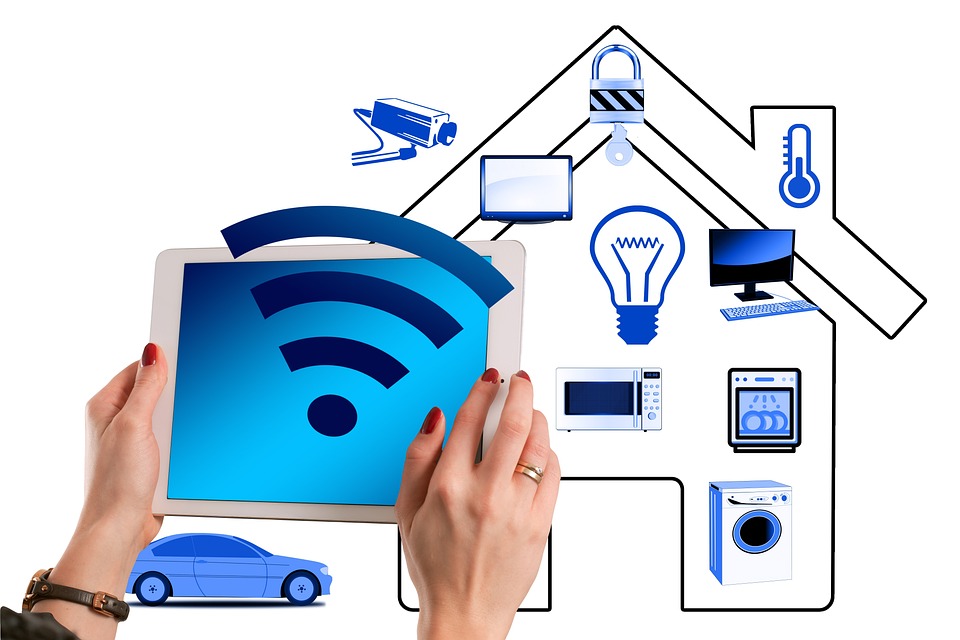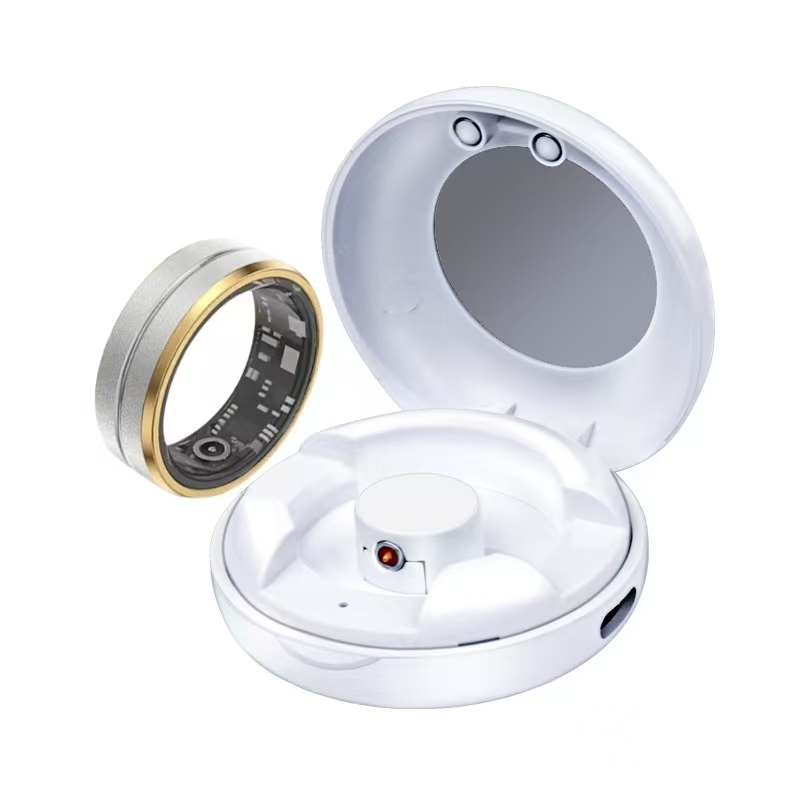-
Room 303, Building 2, Manjing Huayiluan Building, XixiangStreet,Baoan District,Shenzhen

Smart Ring Health Trackers: A New Frontier in Respiratory Health
In the age of smart technology, healthcare is no longer confined to doctors’ offices or hospital rooms. With the advancements in wearable devices and health trackers, individuals are now empowered to take control of their health with the help of smart ring health trackers. Respiratory health is an area of growing concern globally, with rising rates of respiratory diseases such as asthma, COPD, and sleep apnea. Smart ring health trackers offer a new frontier in respiratory health monitoring, revolutionizing the way we track and manage our vital signs.
The Rise of Smart Ring Technology
The concept of wearable technology is no longer new; smartwatches and fitness trackers have been dominating the market for years. Smart rings, a newer entrant, have rapidly gained popularity with their sleek designs and innovative health-tracking features. Smart rings differ from traditional smartwatches or fitness trackers as they are discreet, stylish, and can seamlessly integrate into one’s daily life.
Recently, several health-tech companies have developed smart ring health trackers designed specifically for respiratory health monitoring. These rings leverage advanced sensors to track vital signs such as oxygen saturation, pulse rate, blood pressure, and respiration rates. By keeping these vital signs under constant watch, smart rings empower individuals to take proactive steps in managing respiratory health.
How Do Smart Ring Health Trackers Monitor Respiratory Health?
Smart ring health trackers employ innovative sensors and technologies to monitor vital signs related to respiratory health. These sensors continuously monitor the body’s physiological parameters, providing instant feedback and real-time data for individuals to act upon. Key features of these rings include:
- Oximeter sensors that measure oxygen saturation levels in the blood, monitoring the body’s ability to utilize oxygen.
- Pulse oximetry that tracks changes in heart rate and rhythm.
- Doppler sensor technology that accurately measures blood pressure.
- Respiration sensors that detect breathing patterns and rate.
The collected data can then be transmitted to personal health apps or connected devices for analysis and expert feedback. Health professionals can leverage this data to monitor patients and adjust treatment plans accordingly.
The Benefits of Smart Ring Health Trackers in Respiratory Health
The impact of smart ring health trackers on respiratory health is multifaceted:
- Easier monitoring of chronic conditions: With continuous tracking and monitoring, smart rings enable patients with chronic respiratory conditions to quickly identify changes or patterns in their vital signs.
- Earlier detection of acute respiratory events: Advanced sensors in smart rings can quickly detect changes in respiratory rates or oxygen saturation, alerting patients to potential breathing issues before they become severe.
- More targeted treatments: Accurate real-time data enables health professionals to personalize treatment plans based on individual vital signs, rather than relying on guesswork.
- Empowerment of patients: Smart rings educate patients about their respiratory health, encouraging healthy habits and disease management.
Conclusion
Smart ring health trackers represent a quantum leap in the management of respiratory health. With their innovative sensing technologies and advanced data analysis, these rings can help individuals maintain optimal respiratory function and respond effectively to changes or episodes. While there are existing wearables in the market that can track health metrics, the focus on specific respiratory health is what sets these smart rings apart.
As smart ring health trackers continue to evolve, the benefits will multiply, and users can anticipate seamless integration of this technology with their daily routines. The dawn of smart ring health trackers brings new hope and possibilities for millions worldwide, underscoring the potential for life-changing impact.
FAQs
- Q: How accurate are smart ring health trackers?
A: Smart ring health trackers employ cutting-edge sensors, ensuring high levels of accuracy for vital sign measurement. However, accuracy may be influenced by user variability, motion, and individual characteristics.
- Q: Can I wear a smart ring health tracker to bed?
A: Yes! Smart ring health trackers are designed for continuous use, including nighttime tracking. Wearing a ring while sleeping provides valuable insights into nocturnal vital signs and may even help address sleep-related breathing issues.
- Q: Can I control the data and share it with healthcare providers?
A: Yes, most smart ring health trackers enable users to track, analyze, and share their data with health professionals or directly with their providers. This encourages open communication, improved treatment adherence, and effective management of chronic conditions.
- Q: Are smart ring health trackers expensive?
A: The cost of smart ring health trackers varies from one brand to another. Entry-level models start around $200-$300, while advanced feature-rich models range from $300-$500.








